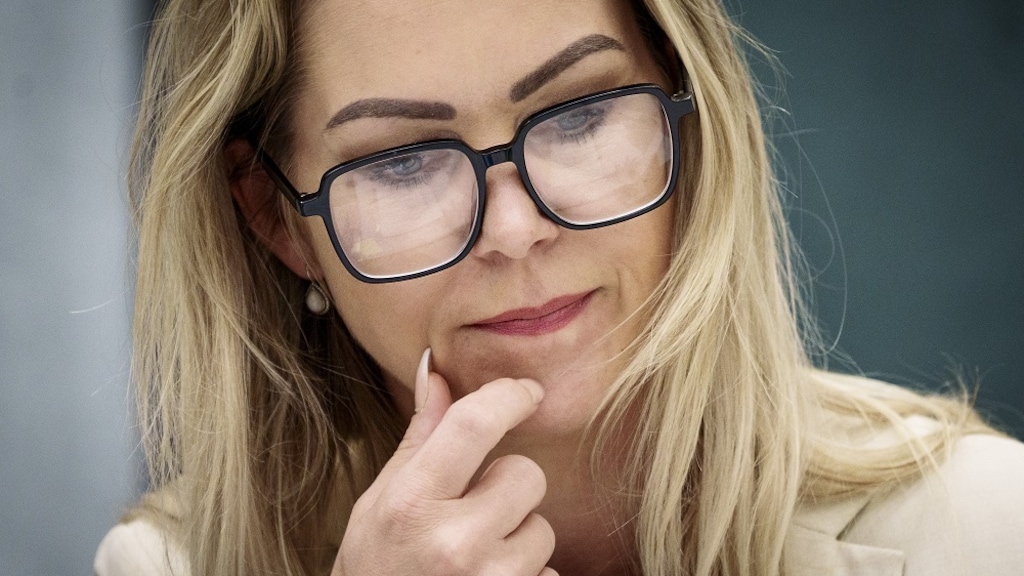Cabinet plan nitrogen: money for Veluwe and the Peel, trajectory controls and new nitrogen targets per sector


In order to get the country out of the nitrogen lock, the government wants new nitrogen targets for agriculture, industry and traffic. The permit system is also being overhauled and there will be speed checks on roads along nitrogen-sensitive nature reserves.
This is evident from 'Startpakket Nederland van het lock', a concept letter from Minister Wiersma of Agriculture, seen by the political editors of RTL Nieuws. The targets per sector must replace the nitrogen targets as they are currently in the law and must be achieved in 2035.
Tomorrow, the cabinet's special nitrogen committee wants to make a final decision on the proposals, and the Council of Ministers is expected to agree to them on Friday.
New goalsAgriculture, responsible for two-thirds of all nitrogen emissions, must emit 42 to 46 percent less nitrogen in 2035 than in 2019. The mobility sector (road and water traffic) and industry must both halve their emissions.
At the moment, the law still states that half of all nitrogen-sensitive nature must be below the so-called 'critical deposition value' by 2030. But the government wants to get rid of that wording, and that entire goal.
The cabinet is also proposing a number of measures to achieve the new goals. For example, 'area-specific trajectory controls' should be introduced around nitrogen-sensitive nature reserves, a demolition scheme for polluting diesel and petrol cars will be introduced, waste incineration plants should be made more sustainable more quickly and more agreements will be made with industrial peak polluters that emit a lot of nitrogen.
Buffer zonesEarlier it was leaked that the government is working on plans to create so-called buffer zones of 250 meters around vulnerable nature areas. Companies in these zones will have to emit significantly less, stop or relocate. 1800 farms would be affected by this. To help them, Wiersma wanted to allocate 4 to 7 billion euros.
That seems to be a lot less concrete for the time being. The cabinet has not yet named a number of companies that will be affected by the measure. In the coming period, only a 'start' will be made with the policy around the Veluwe and the Peel. The 600 million euros that were released in the spring memorandum are intended for that.
Extra money has to waitIn addition, money from the nitrogen budget agreed in the outline agreement will go to the plans. Additional money will only be released in August, during the discussions on Budget Day.
Of the money already agreed, 750 million will go to a new voluntary scheme for farmers who want to stop and 675 million to farmers who will keep fewer animals. 100 million will also be made available for nature restoration.
The cabinet also wants to focus on a new permit system in the coming period, Wiersma writes. The cabinet is also investigating whether sustainability projects and small construction projects can be granted special exceptions in the future. But what that will look like exactly is still unclear.
This also applies to raising the so-called 'arithmetic lower limit'. This would ensure that companies with very low nitrogen emissions no longer need to apply for a permit, but advice from the Council of State is still awaited.
The government's legal advisors are also not yet convinced that the new plans will actually get the stalled permit process going again, insiders say.
"After a few months of consultation, the cabinet has come up with an initial plan," says political reporter Fons Lambie. "Little obligation or strict measures, that's where you see the hand of BBB minister Wiersma. But much is still unclear and uncertain. This will not get the Netherlands off the nitrogen lock, as the cabinet's legal advisors also warn. The plan has not been calculated and it is uncertain whether permits will be granted near nature reserves. In addition, the financing of most plans will not be discussed until August. And it is also uncertain whether the new nitrogen limit will remain in place at the Council of State. So there is a plan, but that is only a cautious, first step."
RTL Nieuws







